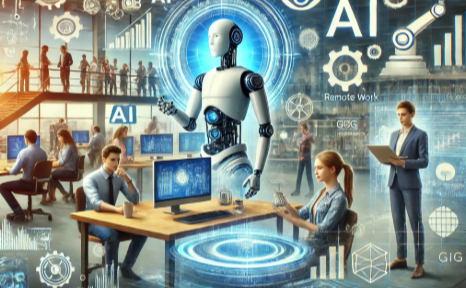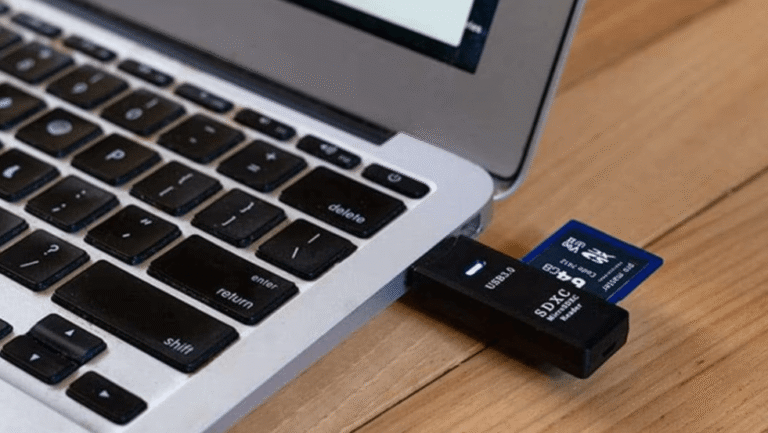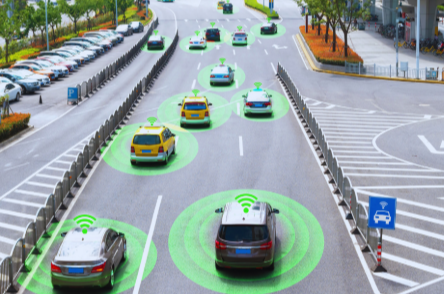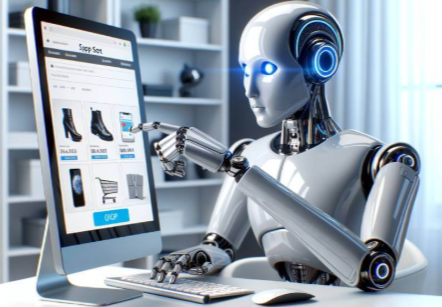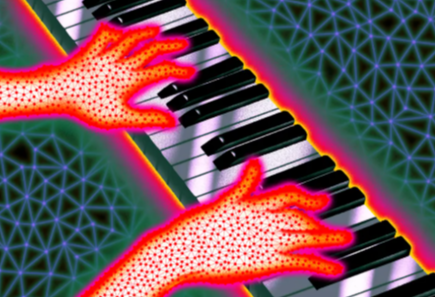How Artificial Intelligence Is Changing the Job Market
Artificial Intelligence is transforming the job market in profound ways. It automates routine tasks, which can lead to job displacement for some workers. However, this shift also paves the way for new opportunities in various sectors. As industries adapt, a pressing skills gap emerges, demanding innovative solutions. The evolving dynamics of human-AI collaboration further complicate this landscape. What implications will these changes hold for future employment and workforce sustainability?
The Role of AI in Job Automation
As industries increasingly adopt advanced technologies, the role of artificial intelligence (AI) in job automation has become a focal point of discussion among economists and workforce analysts.
AI’s capacity to perform routine tasks efficiently has led to significant job displacement, sparking concerns about the future of employment.
This transformation necessitates a reevaluation of workforce strategies to address the challenges posed by evolving job landscapes.
New Opportunities Created by AI
A growing body of evidence suggests that artificial intelligence (AI) not only automates tasks but also generates new opportunities within the job market.
AI entrepreneurship fosters innovative tech startups, while creative jobs emerge in areas like data analysis and healthcare innovations.
Additionally, as remote work becomes prevalent, professionals can engage in AI ethics discussions, ensuring responsible development and deployment of technology for societal benefit.
Read more: The Role of Tech in Revolutionizing the Music Industry
The Skills Gap: Adapting to an AI-Driven Workforce
While the integration of artificial intelligence into various sectors presents exciting opportunities, it simultaneously highlights a significant skills gap that threatens to leave many workers behind.
To combat this, organizations must prioritize reskilling initiatives that enhance digital literacy. By equipping the workforce with necessary skills, workers can adapt to an AI-driven landscape, fostering a more inclusive and empowered environment that embraces technological advancements.
The Future of Work: Human-AI Collaboration
Although the rise of artificial intelligence has sparked concerns about job displacement, it also opens doors for innovative human-AI collaboration that can redefine the workplace.
By harnessing human intuition alongside machine efficiency, organizations can enhance productivity and creativity.
This partnership enables employees to focus on complex tasks while AI manages routine operations, ultimately fostering a more dynamic and empowered workforce, capable of navigating an evolving job market.
Conclusion
In the grand tapestry of the job market, artificial intelligence emerges as both a weaver and a seam ripper, deftly unraveling traditional roles while threading new patterns of opportunity. As workers navigate this evolving landscape, it is essential to embrace continuous learning and adaptability, for the loom of the future requires a harmonious blend of human creativity and AI precision. Thus, in this intricate dance of collaboration, the workforce must evolve, ensuring resilience in a world of constant change.
